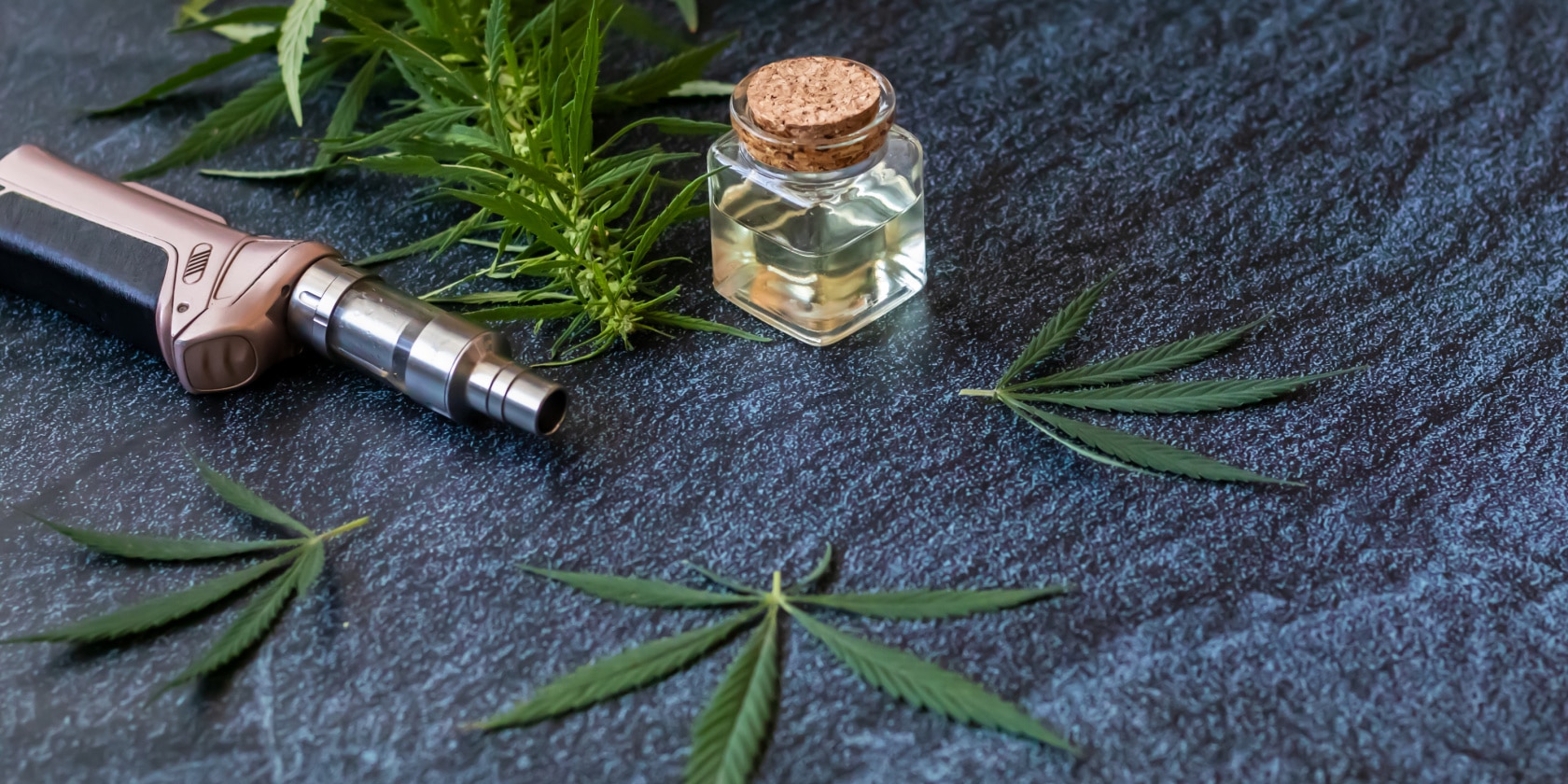
If you’ve ever shopped for cannabis flower at a dispensary before, you’ve probably seen the THC percentages listed on the tags and labels of different flower. The THC percentage of a cannabis strain or product can give shoppers an idea of the potency and possible intoxicating effects of their purchase.
However, you might be surprised to find that the flower seen on dispensary shelves actually contains very little THC—despite what the label says. Rather, it has high amounts of THCA. What is THCA and how is it related to THC? Here’s what you need to know:

What is THC?
Δ9-THC (tetrahydrocannabinol) is by far the most coveted cannabinoid derived from cannabis. It’s responsible for producing the intoxicating, psychoactive, and euphoric effects typically associated with recreational cannabis use. In other words, THC is the reason a majority of individuals consume cannabis. While admired for its psychoactivity, THC also has many therapeutic properties that contribute to the overall medicinal value of cannabis.

What is THCA?
THCA is considered to be an acidic precursor to THC, hence the ‘A’ at the end of its name. Cannabis plants synthesize and store THC in its acidic form because it is more chemically stable than its non-acidic counterpart, and helps protect the plant from disease.
In humans, THC works by binding directly to endocannabinoid receptors in the body and brain, which in turn produce the “high” effects that many cannabis users desire. However, because THCA is a larger molecule than THC, it attaches to those receptors in a very different way. That difference in attachment is why THCA produces no psychoactive or euphoric effects.
While THCA has no recreational value, it still exhibits an extraordinary amount of therapeutic benefits, including anti-inflammation, anti-nausea, anti-obesity, neuroprotectivity, and even anti-tumor properties.
When you see the THC content listed on a batch of cannabis, you’re actually looking at the total potential THC that can exist in the flower once the THCA to THC conversion has taken place. So, how do we get there?

Converting THCA to THC: Decarboxylation
In order to get from THCA to THC, cannabis must go through a chemical reaction called “decarboxylation.” Think of the process like making a spare key: a blank key you find in the store might look like the one to your front door, but it’s completely useless unless you cut it to specifically fit your lock. Decarboxylation to THC allows the molecule to fit into your body’s “locks” (endocannabinoid receptors), thereby producing its euphoric and psychoactive effects.
The decarboxylation process involves heating flower or extract, in order to convert its THCA content into THC. The most common form of decarboxylation is using a lighter to spark a joint, bong, or bowl. The process itself takes place within a fraction of a second, allowing you to feel its effects immediately after inhaling. You must also decarb flower prior to infusing it into edibles.
Cannabis at Cloud
Looking for some premium cannabis flower? Stop by today or check out our online menus to browse a wide selection of cannabis flower rich in THCA—which you’ll convert to THC with your lighter.


